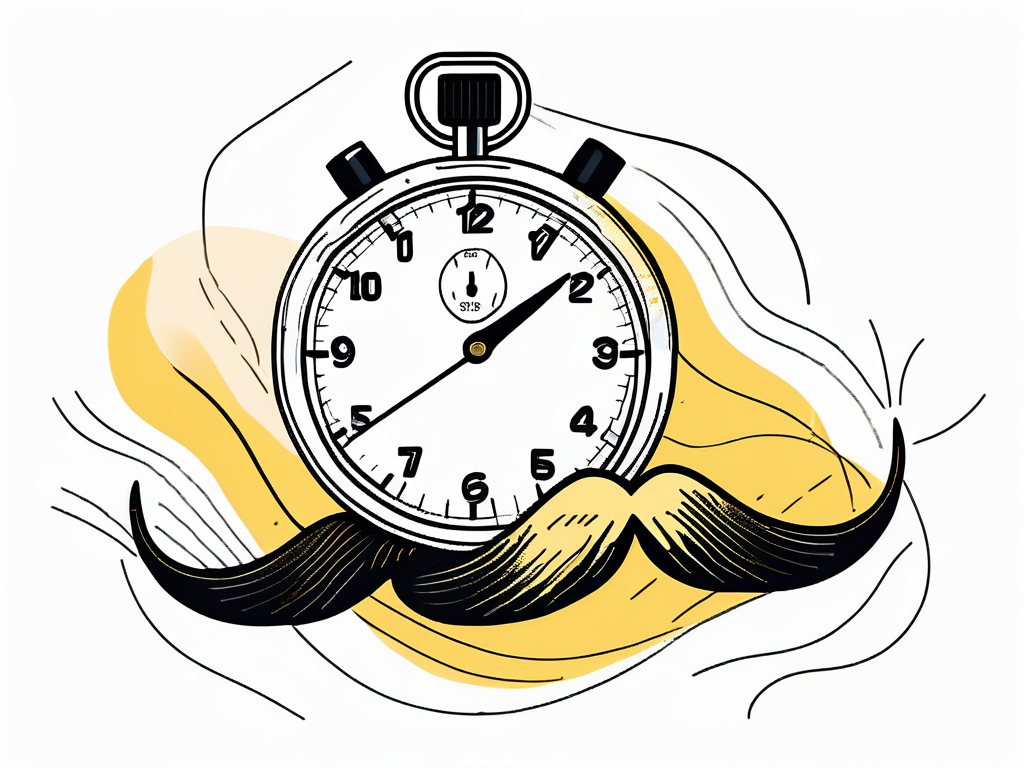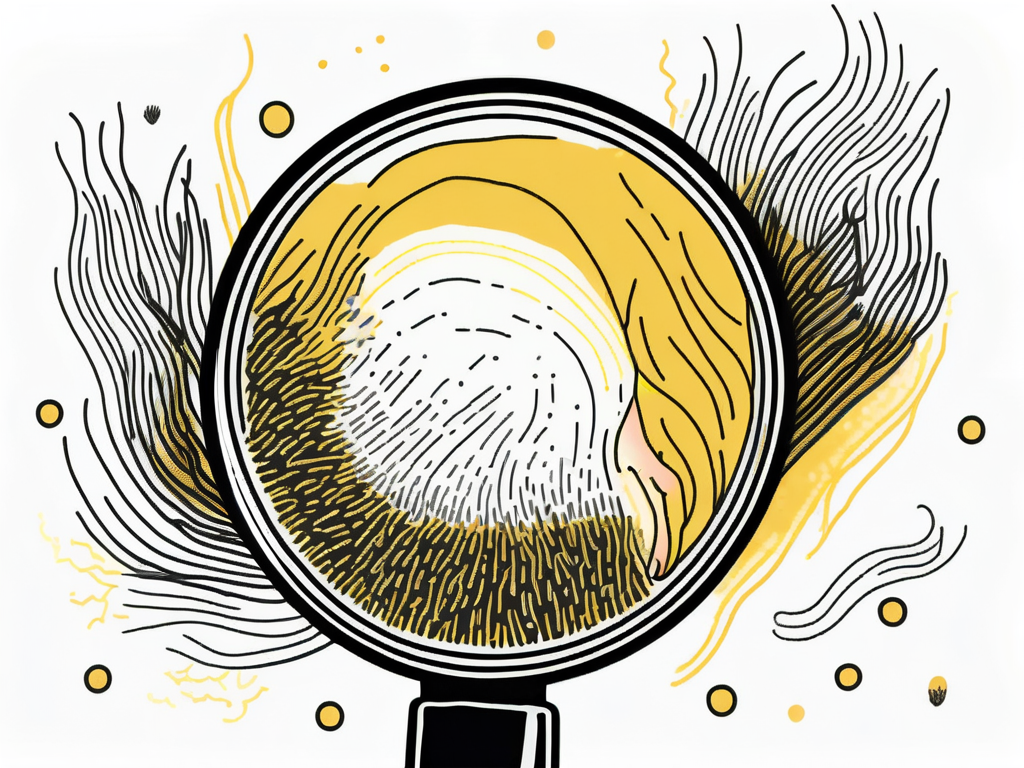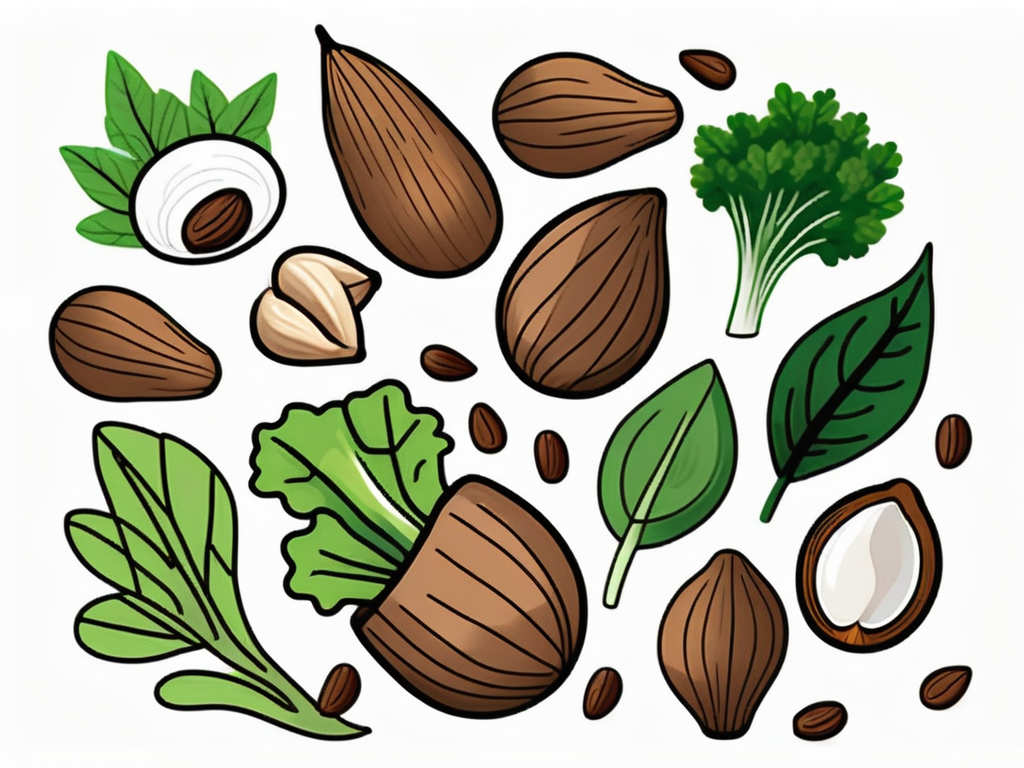Author: Faiysal Kothiwala
Published at: Jul 31, 2024
If you've noticed that your mustache grows slower than your beard, you're not alone. This difference in growth can be attributed to several factors, including genetics, hormonal levels, and even differences in skin and hair follicle characteristics between your upper lip and other facial areas.
All this information can help you understand why your mustache grows slower than your beard. This way, you can manage and potentially enhance the growth of your mustache to achieve a more balanced and fuller facial hair look.
If your mustache grows slower than your beard, several factors could be at play:

If you've noticed a sudden change in your facial hair growth patterns, such as severe thinning or patchiness, it may be time to consult a dermatologist. These experts can help identify any underlying issues, such as hormone imbalances or skin conditions, that may be hindering your mustache growth.
Furthermore, lifestyle choices can play a significant role in the health and growth of your facial hair. Factors such as diet, stress levels, and skincare routines can all impact the quality and speed of hair growth:
Ensuring these factors are in check can promote optimal conditions for mustache growth. Remember, everyone's facial hair grows at a different rate. Embrace and celebrate your unique growth pattern, whether you sport a full beard or a mustache that takes its time. The key is to feel confident and comfortable in the skin (and hair) you're in!
Now that we have a better understanding of how facial hair grows, let's delve into the differences between mustache and beard growth.

Facial hair growth is a fascinating process influenced by a variety of factors beyond genetics and hormones. One such factor is age. As men age, their facial hair growth patterns can change.
It's not uncommon for a man's mustache to grow at a different rate or thickness compared to his beard as he gets older. This shift in growth can be attributed to hormonal changes and the natural aging process.
Genetics play a significant role in determining the thickness and growth rate of your facial hair. Some men are genetically predisposed to have thick, fast-growing beards, while others may have thinner, slower-growing facial hair.
If your mustache seems to grow slower than your beard, it could simply be a result of your genetic makeup.
Another intriguing aspect of facial hair growth is the impact of lifestyle choices. Factors such as diet, stress levels, and even skincare routines can influence the health and growth of your mustache and beard.
A balanced diet rich in vitamins and minerals essential for hair growth, combined with stress-reducing practices, can potentially enhance the growth of both your mustache and beard.
Hormones, particularly testosterone, can also affect the growth of your mustache and beard. Testosterone stimulates the activity of hair follicles, promoting hair growth.
However, individual hormone levels can vary, which may result in differences in facial hair growth. If your hormone levels are imbalanced, it could explain why your mustache grows slower than your beard.
In the quest for a luscious mustache, many myths and misconceptions have emerged. Let's take a moment to debunk some of these common misconceptions.
Facial hair has long been a symbol of masculinity and style, with trends evolving over time. From the well-groomed handlebar mustaches of the Victorian era to the full, bushy beards popular in recent years, facial hair styles have varied widely.
Despite the ever-changing trends, one thing remains constant - the persistence of myths surrounding facial hair growth.
Contrary to popular belief, shaving does not make your facial hair grow back thicker or faster. Shaving merely cuts the hair at the surface, giving the illusion of thicker growth because the cut hairs have a blunt end.
It's a myth that has been perpetuated for years, but the truth is that shaving has no impact on the rate of your facial hair growth.
Interestingly, the rate of facial hair growth is largely determined by genetics. Factors such as age, hormones, and overall health also play a role in the growth of facial hair.
While shaving can help maintain a neat appearance and shape, it does not alter the natural growth pattern of hair follicles.
There is no magical potion or product that can miraculously make your mustache or beard grow faster. While some products may claim to promote hair growth, there is limited scientific evidence to support these claims.
The best approach is to focus on maintaining a healthy lifestyle and providing your body with the nutrients it needs to support optimal hair growth.
Nutrition plays a crucial role in the health of your hair, including facial hair. A diet rich in vitamins, minerals, and proteins can help support hair growth and overall hair health.
Foods such as eggs, nuts, seeds, and leafy greens are known to be beneficial for hair growth. Additionally, staying hydrated and managing stress levels can also contribute to healthy hair growth.
While you can't change your genetics or hormonal levels overnight, there are steps you can take to promote healthy facial hair growth.

Facial hair has long been a symbol of masculinity and style, with trends in mustache shapes and beard styles evolving over time. To achieve the desired look, it's essential to care for your facial hair properly and promote its healthy growth.
So, the next time you find yourself wondering why your mustache grows slower than your beard, remember that genetics, hormones, and lifestyle choices all play a role in facial hair growth.
By embracing healthy habits and seeking professional advice when needed, you can ensure that your mustache is given the best chance to flourish. Visit The Beard Struggle to explore our range of high-quality grooming products.

10 Beard Care Mistakes A Viking Should Never Make
Register now to receive 10 exclusive tips straight to your inbox.
Comments
Hello! Shopping from United States?
Shipping destination